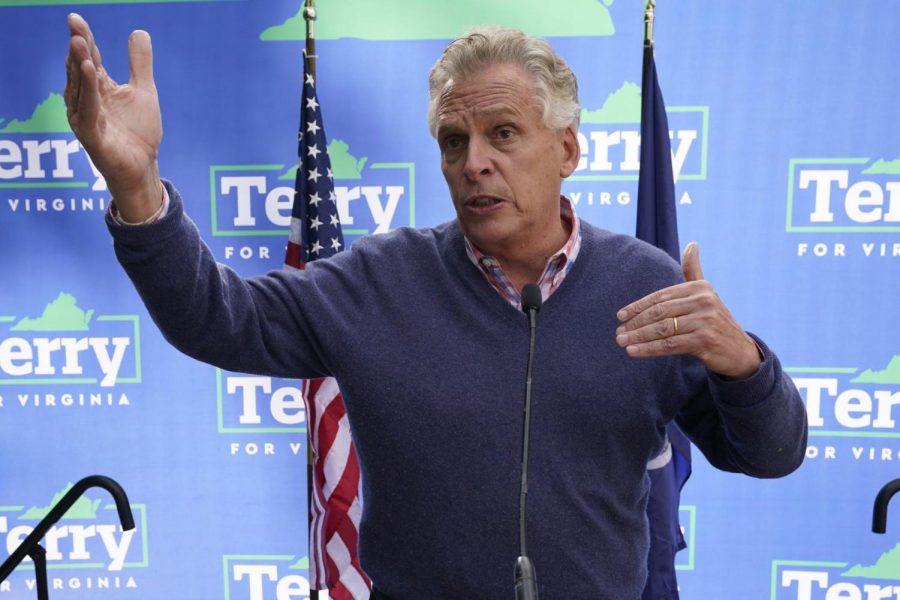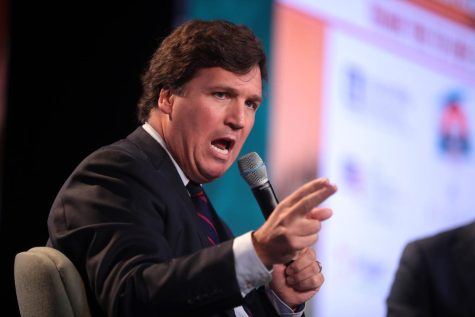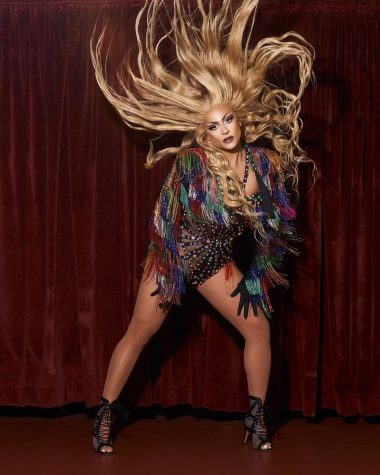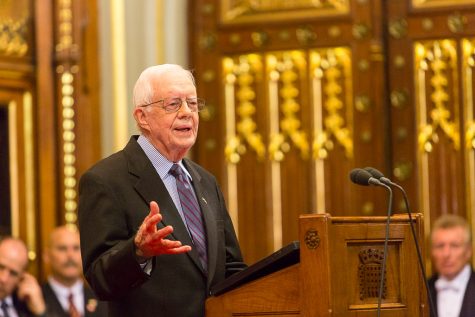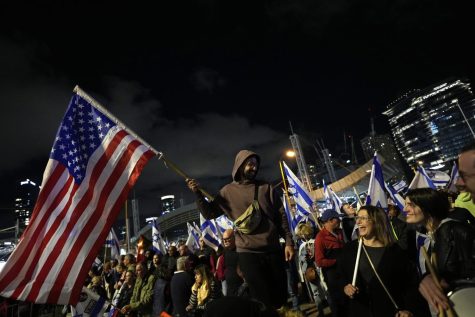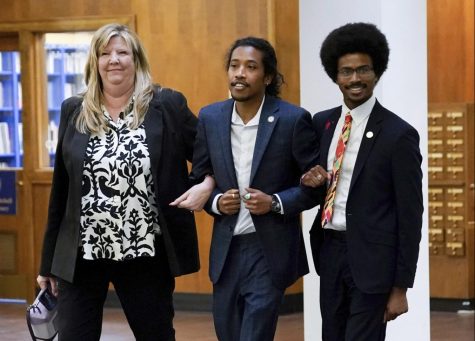Gubernatorial elections show close divide in party politics
At a pivotal moment in the political calendar, Virginia’s governor race is the first major election in the post-Trump era. Alongside New Jersey, Virginia is one of two states that holds its statewide elections in the year following the presidential election and will serve as an indicator to how the parties will fare in the 2022 midterm elections.
The Virginia race has garnered national attention as former Democratic Gov. Terry McAuliffe and Republican Glenn Youngkin have been neck-and-neck in the weeks leading up to Election Day. According to a final poll by Roanoke College, McAuliffe and Youngkin are currently at a statistical tie, with McAuliffe holding a one-point lead (47 percent to 46 percent).
Polling places on Election Day will be open on Nov. 2 from 6 a.m. to 7 p.m. and anyone in line at 7 p.m. will still be eligible to vote. New early voting laws in the state have brought a record number of early voters to the polls.
Unlike the gubernatorial race in 2017, new voting laws in the state allow for no-excuse absentee and early voting.
The GOP hasn’t won a statewide election in Virginia since 2009 as a result of the diversifying population growth in the northern suburbs. Home to Arlington, the northern suburbs are the most populous region of the state, according to an analysis from the Washington Post. Republicans have a reason to be hopeful, though, since the state has consistently voted against the president’s party since 1977. The one exception was in 2013, when McAuliffe won the governorship a year after former President Barack Obama’s reelection.
The race may also indicate the hold national politics has on a statewide election. Youngkin has been careful in his stance on former President Donald Trump throughout his campaign. Despite making “election integrity” an integral part of his campaign and declining to acknowledge President Joe Biden as the legitimate winner of the election, the Republican candidate has refrained from embracing Trump’s more extreme policies. In addition, despite an acknowledgement from the Youngkin campaign that they don’t want Trump to help with his campaign for governor, the former president is holding a tele-rally on Nov. 1 without Youngkin’s official presence.
In the 2020 election, Trump lost the state by 10 points. Nine months after his departure from office, anti-Trump sentiment is not as strong in the state as it used to be. Though McAuliffe has used Youngkin’s complicated relationship with Trump to deter Trump’s opponents from voting for his Republican competitor, like in this campaign ad that calls Youngkin “Trump’s candidate,” 57 percent of voters say that Trump’s endorsement of Youngkin makes no difference in their voting preferences. Nine percent say that it makes them more likely to vote and 37 percent say it makes them less likely.
Biden’s performance as president for the past nine months might inversely not have a positive effect on whether Democrats will win in Virginia. According to a Gallup poll, Biden’s approval rating is at 42 percent — a record low for a president at this point in his term with the exception of Donald Trump.
It remains to be seen whether Democrats will extend their hold in Virginia or if Republicans will shift control in the state. Either way, this race will be an essential indicator of how next year’s midterms will unfold.


